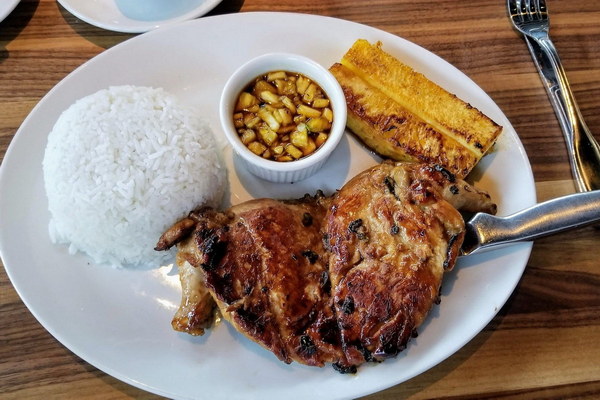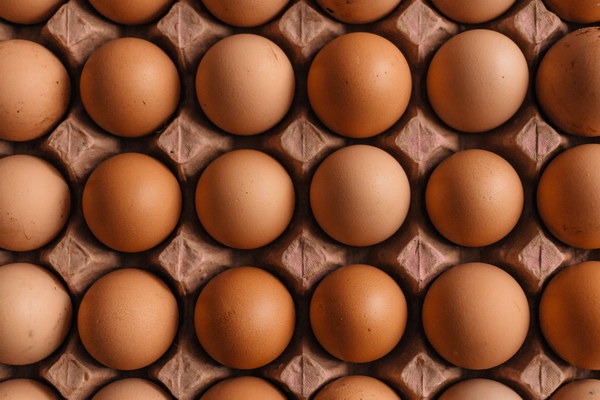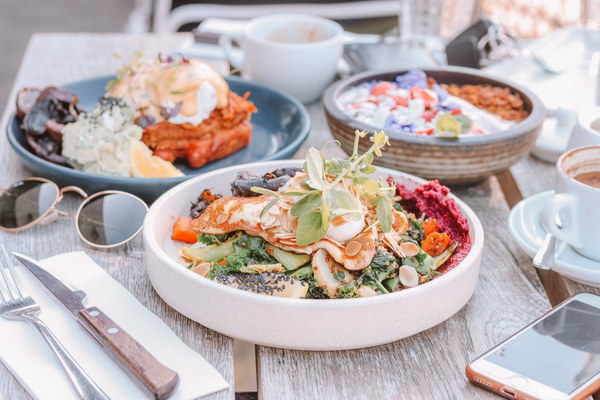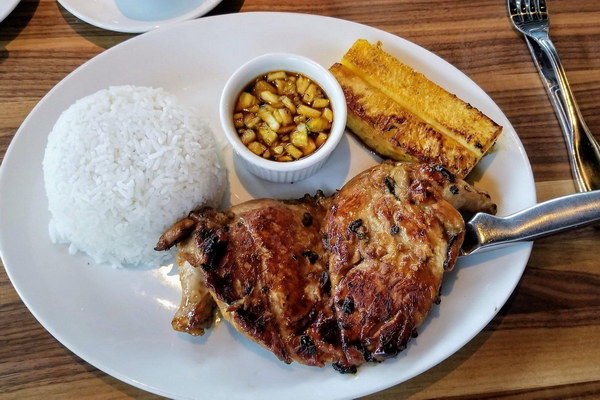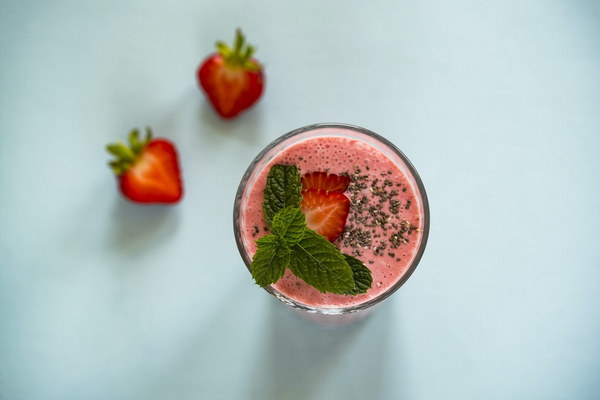Boosting Health and Vitality A Winter Nutrition Guide for Elderly Women
As the cold winter months approach, it's crucial for elderly women to focus on maintaining their health and vitality. Winter can be a challenging time for the immune system, making it more susceptible to illnesses. However, with the right nutrition, elderly women can strengthen their immune system and enjoy a healthier winter. This article provides a comprehensive guide to winter nutrition for elderly women, including essential nutrients, dietary tips, and delicious recipes to keep them warm and well-nourished throughout the season.
1. Essential Nutrients for Elderly Women in Winter
a. Vitamin D: This crucial nutrient is essential for bone health, immune function, and overall well-being. Elderly women can increase their vitamin D intake by consuming fatty fish, fortified dairy products, and eggs. Additionally, spending time outdoors can help the body produce vitamin D.
b. Vitamin C: This powerful antioxidant supports the immune system and helps ward off colds and flu. Citrus fruits, berries, bell peppers, and leafy greens are excellent sources of vitamin C.
c. Iron: Iron deficiency can lead to anemia, a condition that can exacerbate fatigue and weakness. Elderly women should consume iron-rich foods such as lean meats, poultry, fish, beans, and fortified cereals.
d. Calcium and Vitamin K: These nutrients are vital for maintaining strong bones and preventing osteoporosis. Dairy products, leafy greens, and fortified foods are excellent sources of calcium and vitamin K.
e. Omega-3 Fatty Acids: These healthy fats support heart health, brain function, and inflammation reduction. Elderly women can obtain omega-3 fatty acids from fatty fish, flaxseeds, chia seeds, and walnuts.
2. Dietary Tips for Elderly Women in Winter

a. Stay Hydrated: Cold weather can lead to dehydration, so it's essential for elderly women to drink plenty of fluids throughout the day. Water, herbal teas, and warm broths are great options.
b. Choose Nutrient-Dense Foods: Prioritize whole foods such as fruits, vegetables, lean proteins, whole grains, and healthy fats. These foods provide essential nutrients while keeping calories in check.
c. Incorporate Seasonal Produce: Winter fruits and vegetables, such as apples, pears, carrots, and sweet potatoes, are rich in vitamins and minerals. These can be enjoyed raw, cooked, or in soups and stews.
d. Stay Warm: Eating warm, comforting foods can help keep elderly women warm during the winter months. Consider soups, stews, and hearty casseroles made with nutrient-rich ingredients.
e. Limit Processed Foods and Refined Sugars: These foods can weaken the immune system and contribute to inflammation. Opt for whole, unprocessed foods whenever possible.
3. Delicious Winter Recipes for Elderly Women
a. Spiced Apple Cider: Combine apple cider, cinnamon, nutmeg, and cloves for a warm and soothing beverage that supports immune function.
b. Hearty Vegetable Soup: Create a nutritious soup with a variety of vegetables, such as carrots, celery, onions, and potatoes, seasoned with garlic, thyme, and bay leaves.
c. Baked Salmon with Lemon and Dill: Salmon is rich in omega-3 fatty acids and vitamin D. Serve with a side of steamed broccoli and a squeeze of fresh lemon.
d. Sweet Potato and Black Bean Chili: This flavorful chili is packed with fiber, protein, and essential nutrients. Top with a dollop of Greek yogurt for added creaminess.
In conclusion, maintaining a healthy diet is essential for elderly women during the winter months. By incorporating essential nutrients, following dietary tips, and enjoying delicious recipes, they can boost their immune system, stay warm, and enjoy a healthier winter. Remember to consult with a healthcare professional before making any significant changes to your diet.
